WHAT I’VE LEARNED | Laura Catena
Laura Catena is the fourth generation of her family to run the eponymous Mendoza winery since its founding in 1902. For a number of years, she combined working for Catena Zapata with a career in medicine in the US, gradually getting more involved before taking over the winery completely in 2012. On a recent visit to London, she took us through her career…
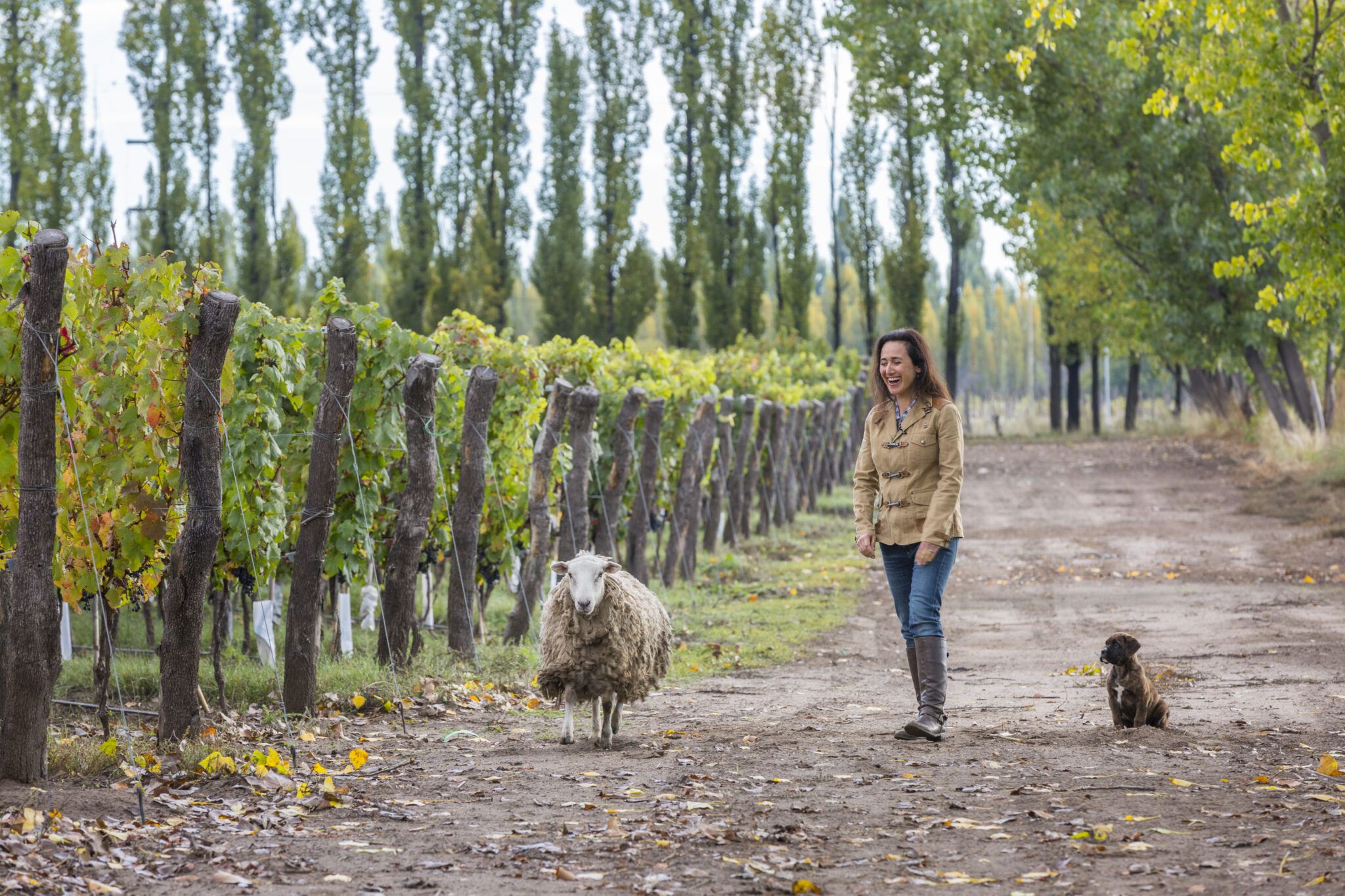
‘My family left Argentina for the US during the days of the military government in the late 1970s, when my uncle was kidnapped (we got him back). I went to high school there, then I studied biology at Harvard and medicine at Stanford, before I went on to be a doctor.’
‘My grandfather used to call me “chica” – the little mouse – because I couldn’t sit still. I ended up specialising in emergency medicine, where you’re on the go all the time, always meeting new people who you have to get to know very quickly.’
‘My father [Nicolas Catena] went back to Argentina in 1984. He was upset because he wanted me to work with him, but I needed to be around people. During the time I was in the US and he was in Argentina, he was always scheming to get me into wine. He gave me his AMEX card to buy whatever wine I wanted, plus some Riedel glasses, so that when he came to visit we could taste the wines together.’
‘I’d learnt French, so in the late 80s, I went with my father to Bordeaux. We went to see Jacques Lurton and my dad took him a Catena wine. Jacques made lunch for us, and we tasted the wine, and he said it reminded him a bit of Languedoc. My dad didn’t say much after that, but I could tell was really pissed off. Afterwards, he said to me, “Languedoc? That’s the ultimate insult.” That’s when he became convinced that we needed to find cooler climates, and he started looking in the Uco Valley.’
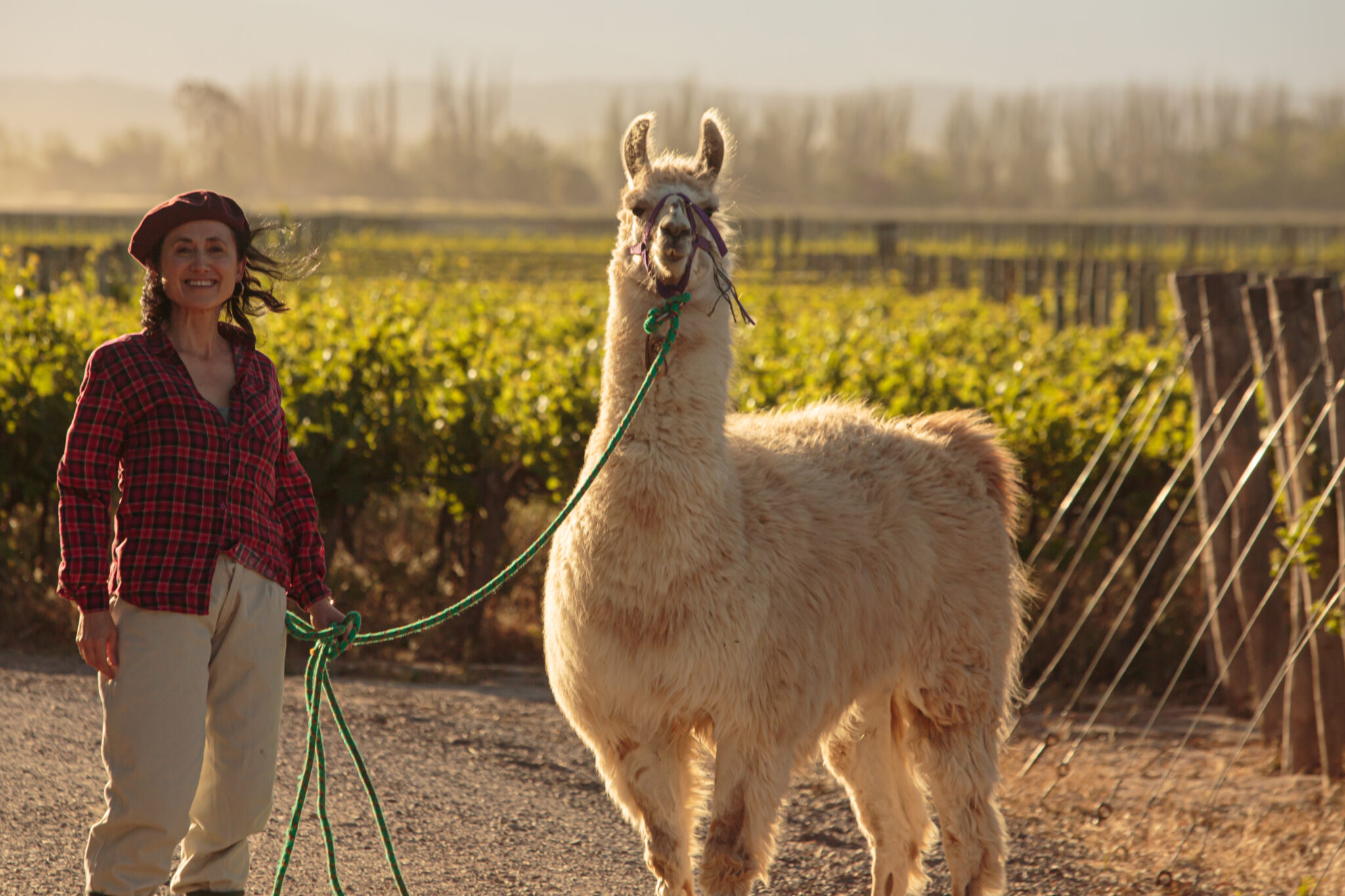

‘I started helping out with promotion in the US, and I represented the winery at Wine Spectator’s New York Wine Experience. We were the only South American winery there, and nobody knew us. Everyone was queueing up for the French and Italian wines, and no-one was coming to my stand but they kept using my spittoon which was very annoying! So then I said, ‘OK papa, I’ll help in my spare time.’ So I did things like the press kit and press releases, but the whole time I was still a doctor.’
‘My dad always wanted me to get involved but he never verbalised it. He wanted me to fall in love with wine, so that it would happen naturally. Now I do the same with my children. I expose them to wine, take them on trips and hopefully they pick up an interest. One trick I have – I bought a case of everyone’s birth year and we open a bottle each year for everyone’s birthday.’
‘I was a doctor for 25 years, until 2012 when I officially took over. But all the time I had been getting more and more involved. I ran the export side of the winery and got really good at running things remotely. Lockdown was a breeze.
‘We’re doing a lot to reduce the bottle weight of our highest-volume wines in order to mitigate the carbon footprint. Our core bottle has come down in weight by 40%, and our premium wines by 28%. Why not 40% for those too? People still love packaging and fancy bottles, so in a line-up of top wines from Napa and other places with big bottles, I’m at a disadvantage [if my bottle is lighter]. If you’re a brand like Lafite, it’s much easier to do that. And don’t forget, I’m only making small volumes of these wines. So yes, we need to reduce the weight of our premium wines too, but we need everyone to do it, not just us.’
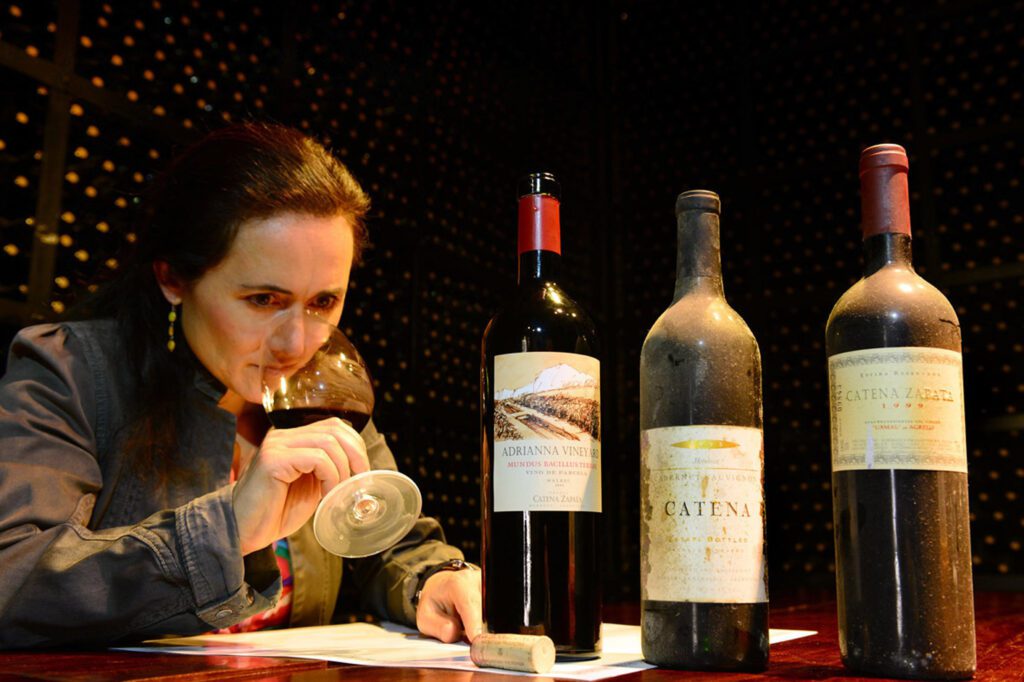

‘Everyone thinks Malbec is big and bold, but there’s been a real change of style since 2000. The main reason is that producers are moving from eastern Mendoza to the Uco Valley, where it’s higher and cooler, so you get good acidity, lower alcohol and lower yields. My father first planted there in the 1990s, and it’s really grown since 2000.’
‘Malbec really soaks up terroir, it’s very versatile. It has a different flavour in each place, and a bigger range than Cabernet Sauvignon. It thrives in cool climates, and it can do well in warm climates too, but if it’s too hot, it doesn’t do well. It’s also the only grape variety better known in the New World than the Old World – though I guess Australians might argue the same with Shiraz.’
‘As a doctor, I have a particular interest in wine and health, and I am horrified by the influence of the health lobby and some of the recent WHO assertions. There are hundreds of studies showing that the Mediterranean diet is good for the heart and helps prevent cancer. Drinking wine moderately leads to fewer cardiovascular events – it acts as a blood thinner and reduces the chance of a heart attack. But it’s all about moderation. If you go above two glasses a day, that’s different.’
‘When my husband and I are in San Francisco, we like to go the same Italian restaurant on a Friday night, and we usually have a bottle of Chianti Classico. One time I said to him, ‘That was a great night – I’d give that 9/10.’ And he said ‘But without the Chianti, it would only have been a 3/10.’ Every time I tell this story, people think he must be horrible, but he’s right. Without the wine, it wouldn’t be the same. And if there is something that is not bad for you in moderation, and creates this type of experience, why would you get rid of it?’
Not a 67 Pall Mall Member? Sign up to receive a monthly selection of articles from The Back Label by filling out your details below
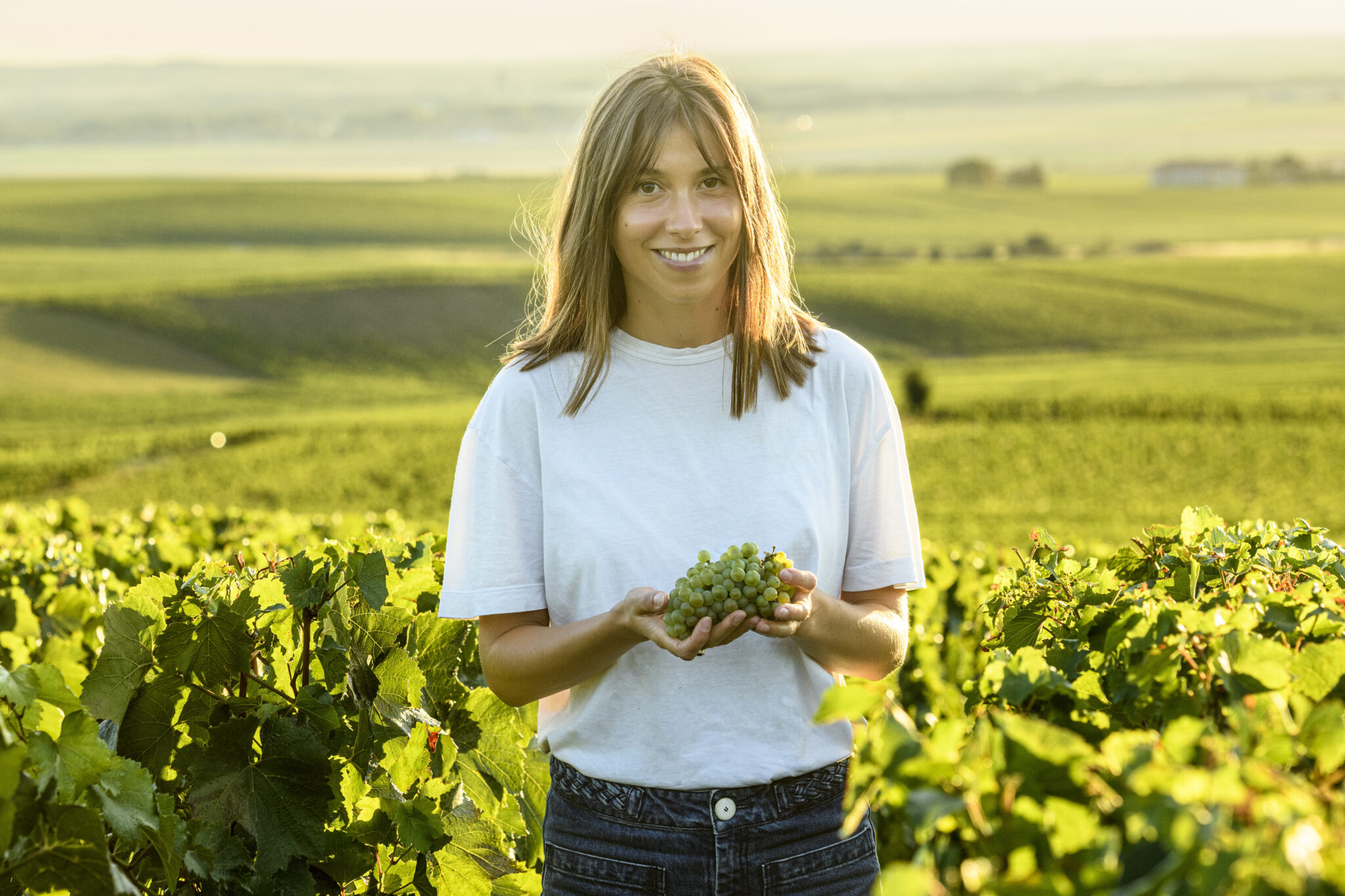

TWO
MINUTES
WITH
Lucie Pereyre de Nonancourt, Laurent-Perrier


UNDER
THE
SURFACE
Harlan Estate
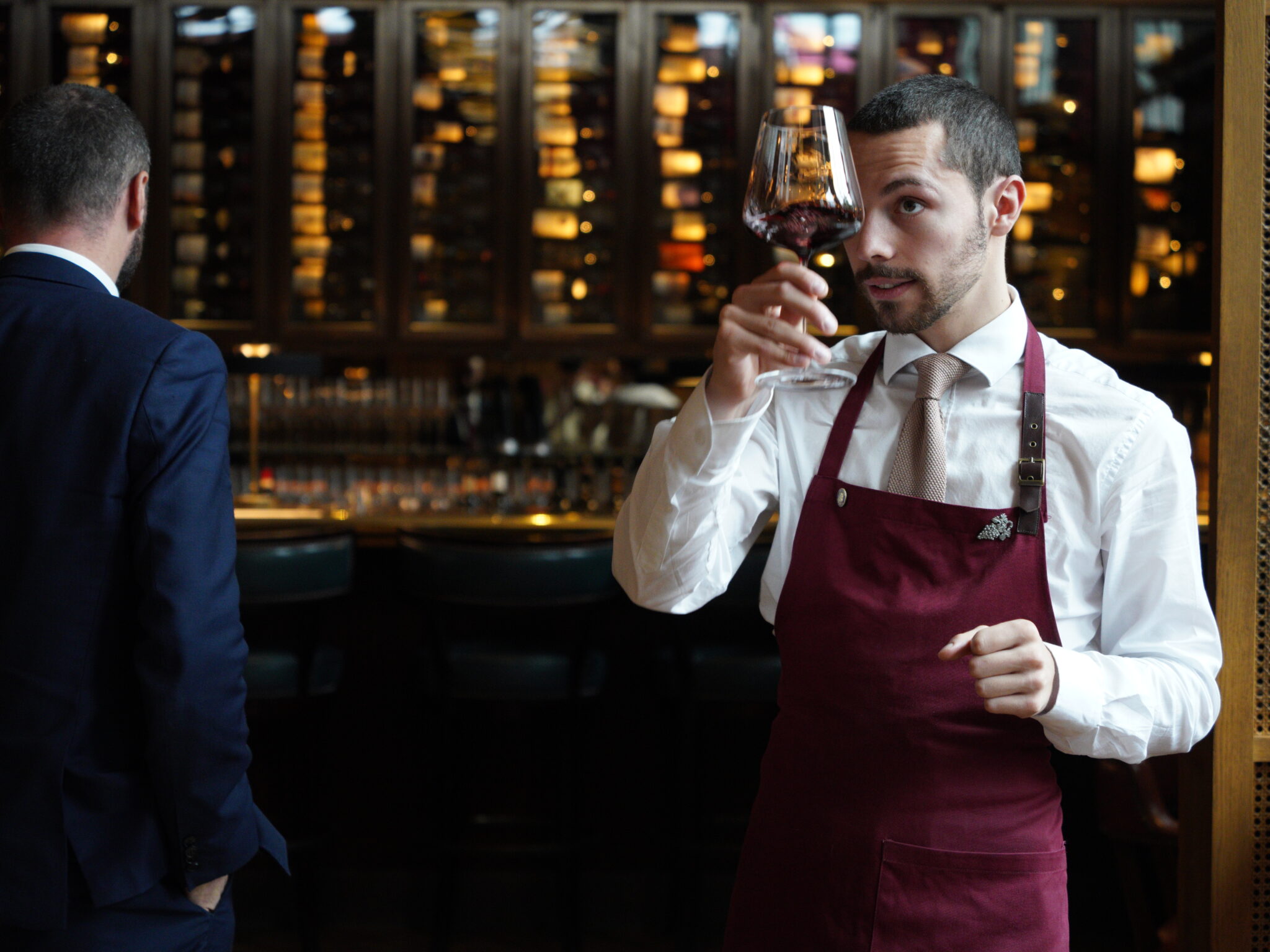

ON
THE
LIST
Elvio Sgaria
